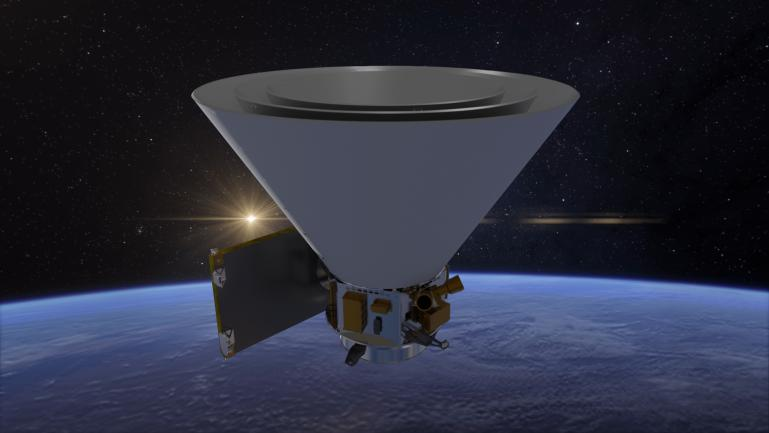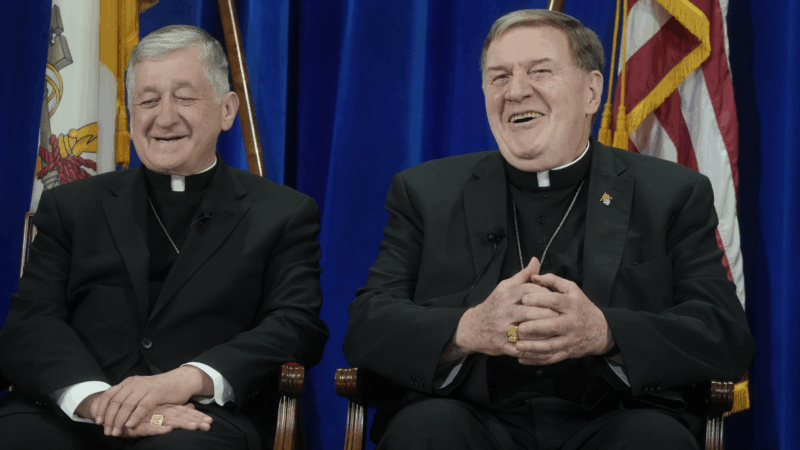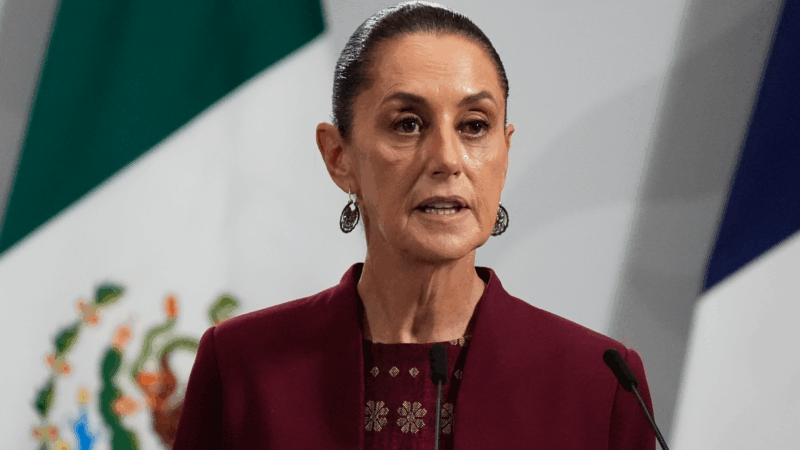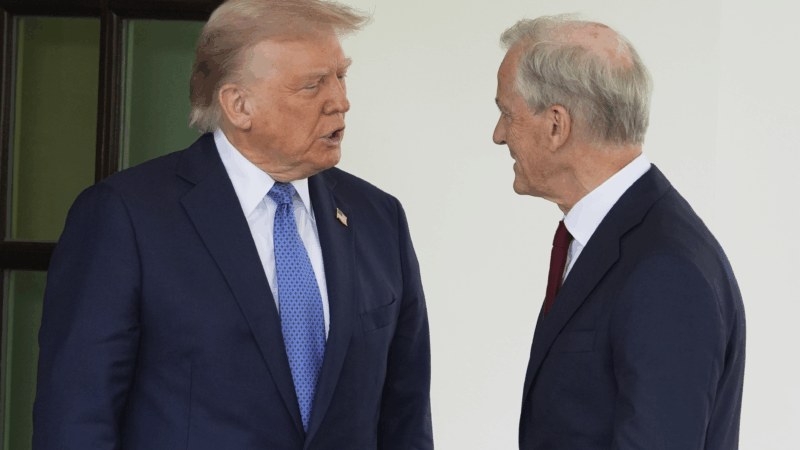NASA’s upcoming telescope launch aims to address some existential questions
Sometimes, space missions aim to answer the simple, quotidian questions we ask ourselves as we go about our lives:
“How did the universe begin?
“How did galaxies start to develop?”
This week’s planned launch of NASA’s SPHEREx telescope seeks to provide insights into some of these existential questions.
Three things to know:
- The new, 8.5-foot telescope is scheduled to be launched this Tuesday by NASA’s Jet Propulsion Laboratory in California. Its primary goal is to explore the origins of the universe.
- Beth Fabinsky, the deputy project manager for SPHEREx, explained in an interview with NPR’s Scott Detrow that this telescope has a unique capability as an, “All-sky survey, [with] a very wide field of view. We’re going to see the entire universe four times in our two-year mission. And that means we can draw really grand conclusions from a very large data set about the universe that we see.”
- Part of that SPHEREx’s mission, according to NPR’s Ari Daniel, is to bridge the gap among existing telescopes by detecting infrared light with wavelengths that are too long to be seen with the naked eye.
Listen to NPR’s Short Wave podcast for more discoveries, everyday mysteries and the science behind the headlines.
How does one explore the origins of the universe?
Simply put: The Big Bang led to an astronomical expansion in the size of our universe in a very brief period. This rapid cosmic growth has significantly influenced the formation of our universe.
But astronomers still don’t know what triggered that expansion, or why it occurred so extensively. The hope with SPHEREx is that scientists will be able to map out a clearer, broader picture of how our universe began.
Dive deeper with NPR:
- For a more in depth explanation of the SPHEREx launch, listen to NPR’s Ari Daniel report on the significance.
- Want the latest stories on the science of healthy living? Subscribe to the Health newsletter.
Indiana completes undefeated season and wins first national title, beating Miami
Indiana bullied its way into the history books Monday night, toppling Miami 27-21 to put the finishing touch on a rags-to-riches story, an undefeated season and the national title.
Top U.S. archbishops denounce American foreign policy
The three most-senior cardinals leading U.S. archdioceses issued the rebuke in a joint statement on Monday, saying recent policies have thrown America's "morale role in confronting evil" into question.
Italian fashion designer Valentino dies at 93
Garavani built one of the most recognizable luxury brands in the world. His clients included royalty, Hollywood stars, and first ladies.
Sheinbaum reassures Mexico after US military movements spark concern
Mexican President Claudia Sheinbaum quelled concerns on Monday about two recent movements of the U.S. military in the vicinity of Mexico that have the country on edge since the attack on Venezuela.
Trump says he’s pursuing Greenland after perceived Nobel Peace Prize snub
"Considering your Country decided not to give me the Nobel Peace Prize… I no longer feel an obligation to think purely of Peace," Trump wrote in a message to the Norwegian Prime Minister.
Can exercise and anti-inflammatories fend off aging? A study aims to find out
New research is underway to test whether a combination of high-intensity interval training and generic medicines can slow down aging and fend off age-related diseases. Here's how it might work.








